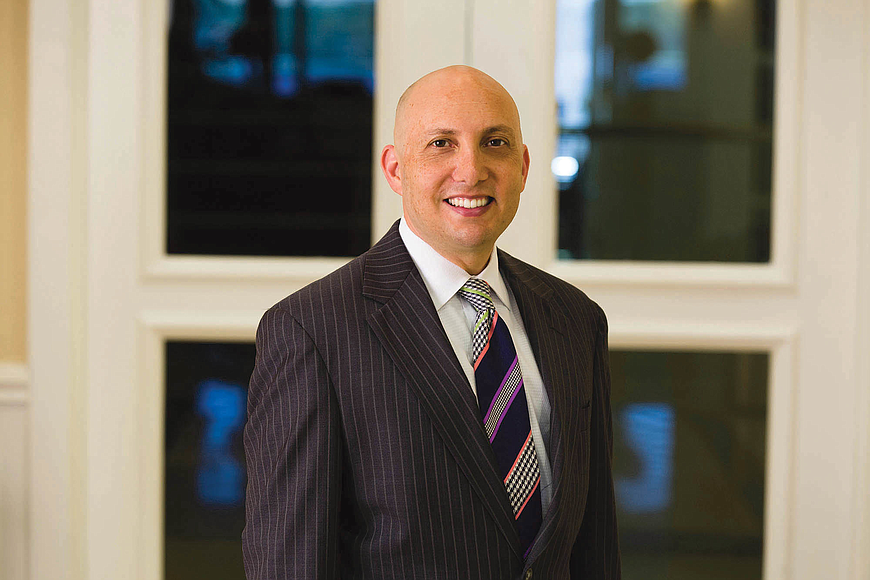
By Michael Freed, JBA delegate in the ABA House of Delegates
Forbes magazine declared earlier this month: “The American Bar Association is mired in a slump.”
It’s true, the ABA faces a multitude of challenges, some common to all professional associations and some unique to the 140-year-old association that recently has seen its membership drop significantly though it still counts almost 400,000 members, making it the largest voluntary professional organization in the world.
As baby boomers age, other generations are more inclined to selectively belong to organizations – if they belong to any. They join organizations they perceive to offer the greatest return on their investment.
Gone are the days when lawyers pay dues to belong to voluntary associations simply because they are expected to do so. To survive, let alone thrive, professional associations must bring genuine value, not just to the profession but to each would-be constituent member as she or he decides whether to join or renew membership.
This new marketplace dynamic makes all the more impactful certain challenges to the decades-old ABA model:
• Technological innovations, such as online networking and social media
• The rise of other voluntary Bar associations
• Nonlawyers offering services that traditionally have been provided only by lawyers
• Struggling law schools and law school graduates
• Pressure to revise law school curriculums and structures
• Lawyer dissatisfaction
The ABA, at its 2018 annual meeting last week in Chicago, responded by resolving to re-invent itself in material ways.
Specifically, it will implement a tiered annual dues structure ranging from only $75 for lawyers who have been practicing for less than five years to $450 for lawyers practicing more than 20 years. Government, military, public interest and retired lawyers and lawyers in small firms will see their dues drop to $150.
In brief, all members will see their dues reduced – most materially.
Moreover, the offerings for members also will be enhanced.
All members will have free access to three of the ABA’s most popular and relied-upon resource libraries: the Law Practice Division, General Practice and Solo Lawyers, and Professional Responsibility.
These are most relevant to the day-to-day success of many lawyers. Previously, access was limited to members of certain sections and committees.
All members also now will have free access to more than 650 offerings of continuing legal education that will be refreshed monthly.
Extensive ABA studies reflect that these changes will bring better value by aligning lawyer need and demand with offerings and at the right price point. Over the long run, the studies say, this will lift the ABA out of its membership slump.
The changes will go into effect in about 12 months.
The questions are: Will this be enough? Are these the right moves at the right time, or are they too little too late?
Will lower dues attract and retain more members, or are more changes needed to ABA offerings or the very role that the organization serves in the profession and in the stances it takes on social, substantive and political issues?
Ultimately, the answers will come from the marketplace of members and would-be members.
The ABA has for almost 140 years served a critical role in leading the legal profession and in protecting the rule of law, both of which the ABA has been uniquely positioned to do. The extent to which the ABA will serve in these capacities going forward now remains to be seen.
Michael Freed is a shareholder with Gunster. He is the Jacksonville Bar Association’s delegate to the ABA and secretary of the National Conference of Bar Presidents. He welcomes comments at (904) 350-7167 or
[email protected].